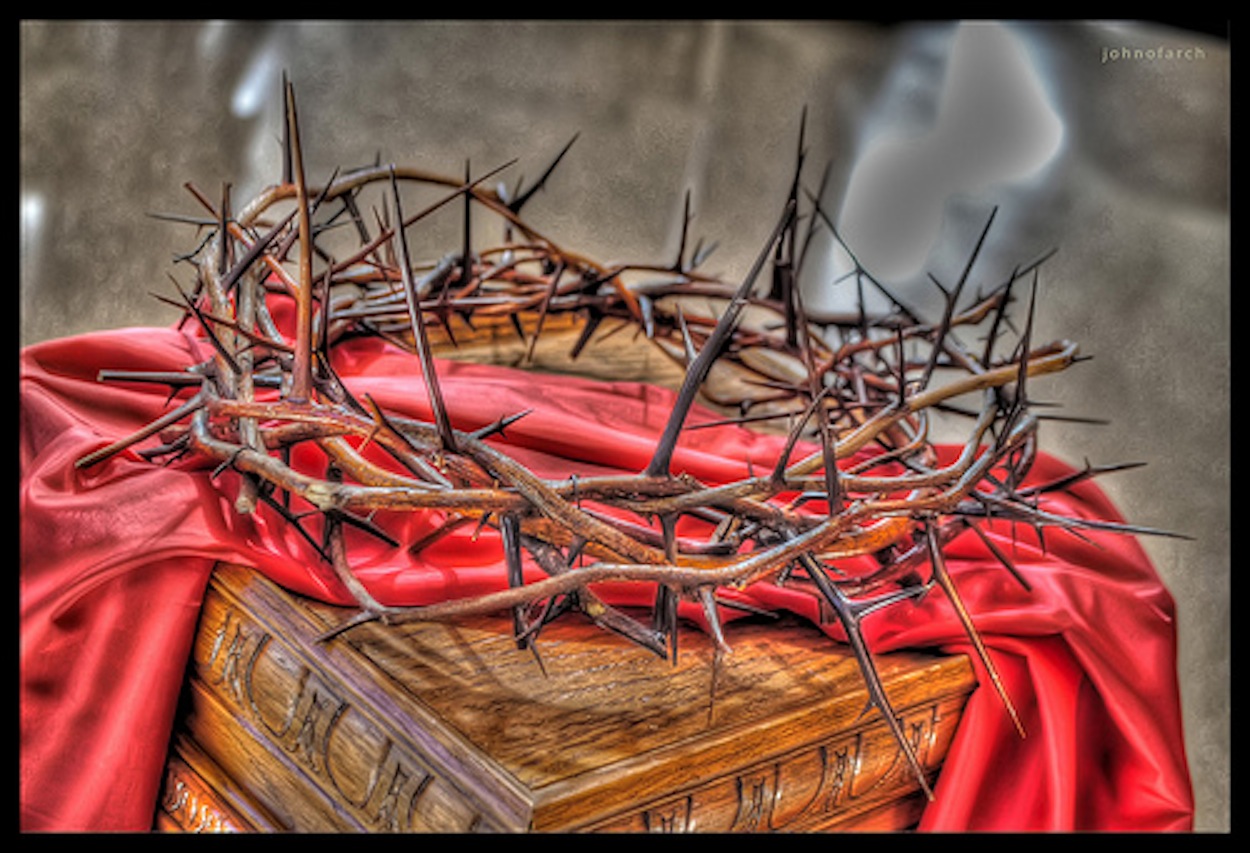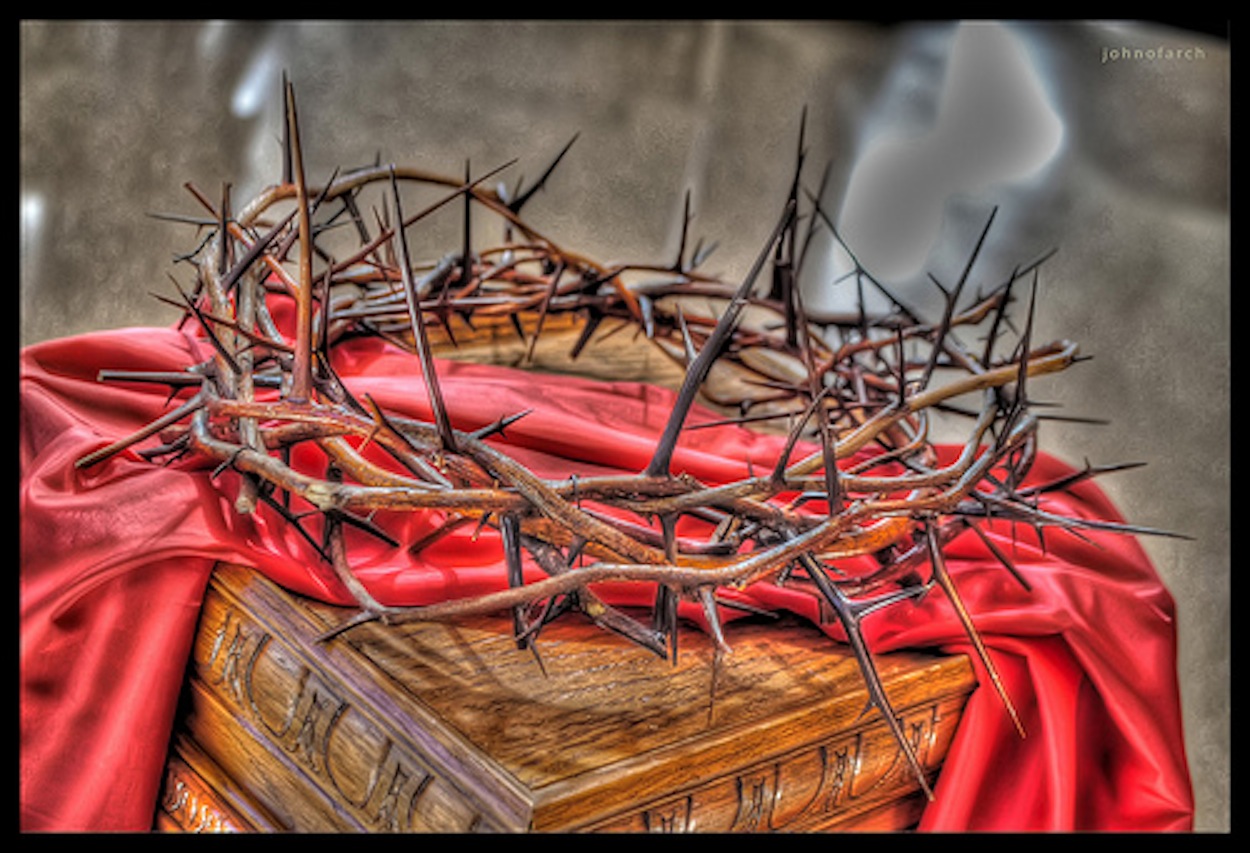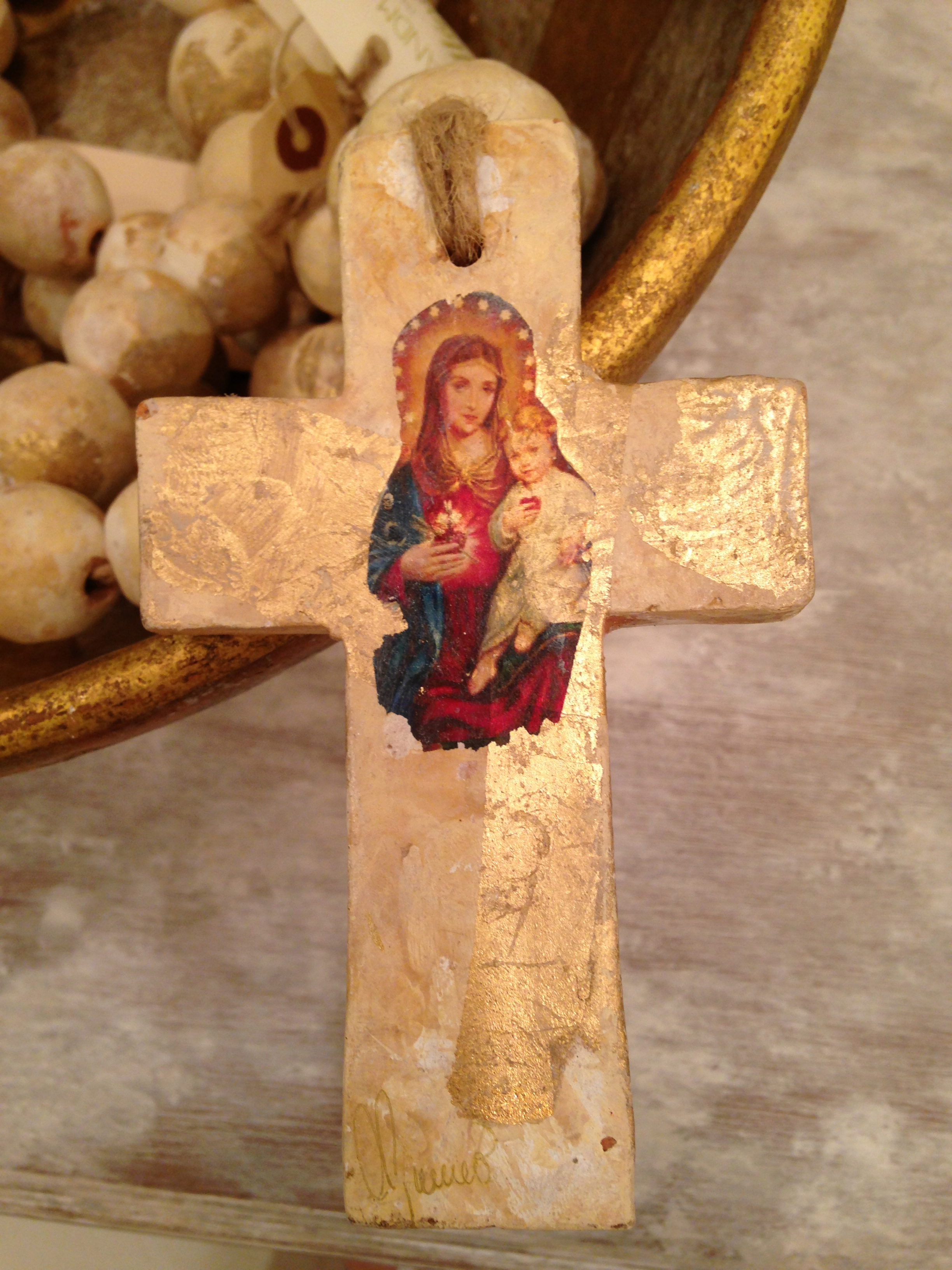As we continue to rejoice in Christmas, I am delighted to offer this beautiful guest post by my Christmas Eve-born daughter, Kara. She has some wonderful insights into the gift of poverty. May the Lord bless you and yours this Christmas and coming year, and may your New Year be holy and filled with the love and awe of God.

Last Christmas Eve, on my 28th birthday, in a little chapel in New Orleans, Louisiana, I sat before Jesus in the Eucharist and wept. Having been on a journey with the Lord for so many years I felt exceedingly frustrated that I still struggled with so many of the same issues, poverties, faults, and that I wasn’t where I wanted to be in my life.
I wanted to be strong and have it all together. I wanted to be valiant, virtuous, beautiful and saintly. And there I was, weak, dependent, fragile and in a nutshell, poor.
Crying out to the Lord, I asked Him bitterly, “Why did you make me like this? Why did you make so frail and needy, with so much brokenness? Why did you make me so dependent on you for every breath that I breathe? Why didn’t you make me strong and capable and beautiful in the ways I want to be? Why?”
Immediately with such tenderness and love I heard the voice of God the Father say to me in reply:
“Kara, I made you a Christmas child, and the gift of Christmas is poverty. And poverty is your greatest gift.”
Jesus was born into a dark, cold, empty cave. Into the barren blackness of the night. A King born for the poor, of the poor, as the poor. And how easy it is for we followers of Christ to hate poverty.
By poverty I don’t just mean the hungry in the soup kitchens, the homeless in the shelters, or the beggar on the street—I mean the beggar within our very own families, and most of all, the beggar within ourselves. We want to escape our emptiness, deny our addictions, shun our weaknesses and mask our faults. But as my mother always told me, “Kara, if you were perfect, why would you need a Savior?”
I think St. Therese was made a Doctor of the Church specifically in this time of history because in a society where we truly believe it is our job to be perfect, independent, need no one, and save ourselves, she reminds us that the way to the Lord is not a growing up but a growing down; that the way to freedom is not a figuring out but a letting go.
“What pleases God is to see me love my littleness and my poverty. It is the blind hope I have in His mercy. There is my only treasure,” she tells us.
All of our weakness and frailty, all of our poverty—yes, even our sin if we lay it at the foot of the manger—become that empty cave into which the Christ child may be born. To ransom the captive chained within our souls. To free us from the bondage of ourselves. To die and rise for us, and make us truly rich, that we might rejoice! All because we are poor.





















